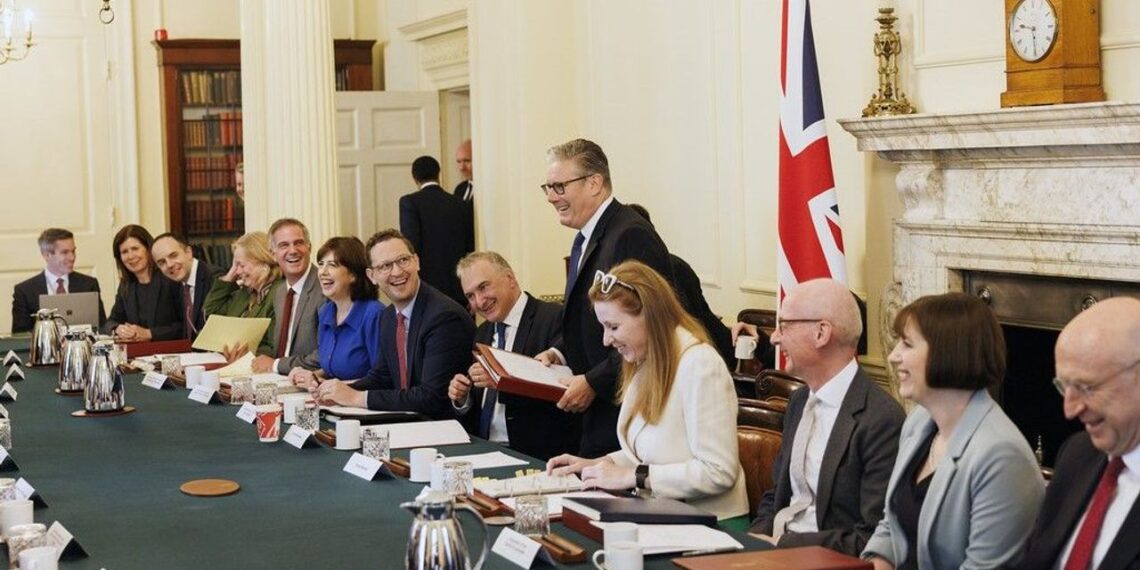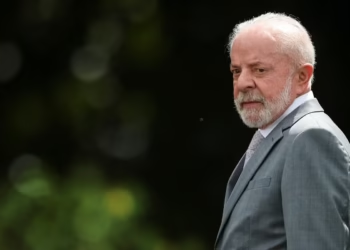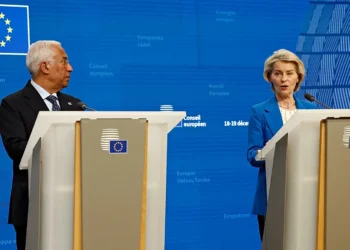LONDON (Realist English). Britain’s Deputy Prime Minister and Labour Party deputy leader Angela Rayner has been forced from office amid a tax scandal, triggering a major reshuffle by Prime Minister Keir Starmer that has shifted the government further to the right.
Rayner, who spearheaded Labour’s “workers’ rights” bill and housing initiatives, had long been a target for the right-wing press despite her loyalty to Starmer. Her removal comes as the Prime Minister consolidates control of economic policy, sidelining Chancellor Rachel Reeves by appointing Baroness Shafik as chief economic adviser and bringing back Tony Blair’s former communications director Tim Allan.
Foreign Secretary David Lammy, one of Starmer’s closest allies and a vocal supporter of Israel’s war in Gaza, has been promoted to deputy prime minister. The move underscores a sharp political pivot as Labour faces intensifying pressure from financial markets and business elites to impose deeper austerity and ramp up military spending.
The Office for Budget Responsibility (OBR) has warned that Britain’s public debt—now about 96% of GDP—is among the highest in Europe. With borrowing costs climbing to levels unseen in decades, nearly 10% of government spending is now consumed by debt interest payments. Analysts caution that a market shock could quickly tip the country into a full-blown debt crisis.
International investors and creditors have called for sweeping spending cuts, particularly in pensions and healthcare, while urging faster increases in defence budgets. Starmer is expected to present an autumn budget in November that will attempt to address what the OBR describes as an annual overspend of £20–50bn.
The parallels with the 1976 IMF intervention in Britain—when Labour agreed to major cuts that paved the way for Margaret Thatcher’s rise—are increasingly noted by commentators. Yet today’s environment is even more challenging, with fewer public assets to privatise and sharper geopolitical demands for military rearmament.
The Labour government now faces a stark dilemma: satisfy market expectations at the risk of social unrest, or resist austerity and provoke a financial backlash. Observers warn that Starmer’s reshaped cabinet is positioning itself to enforce the former path.


















